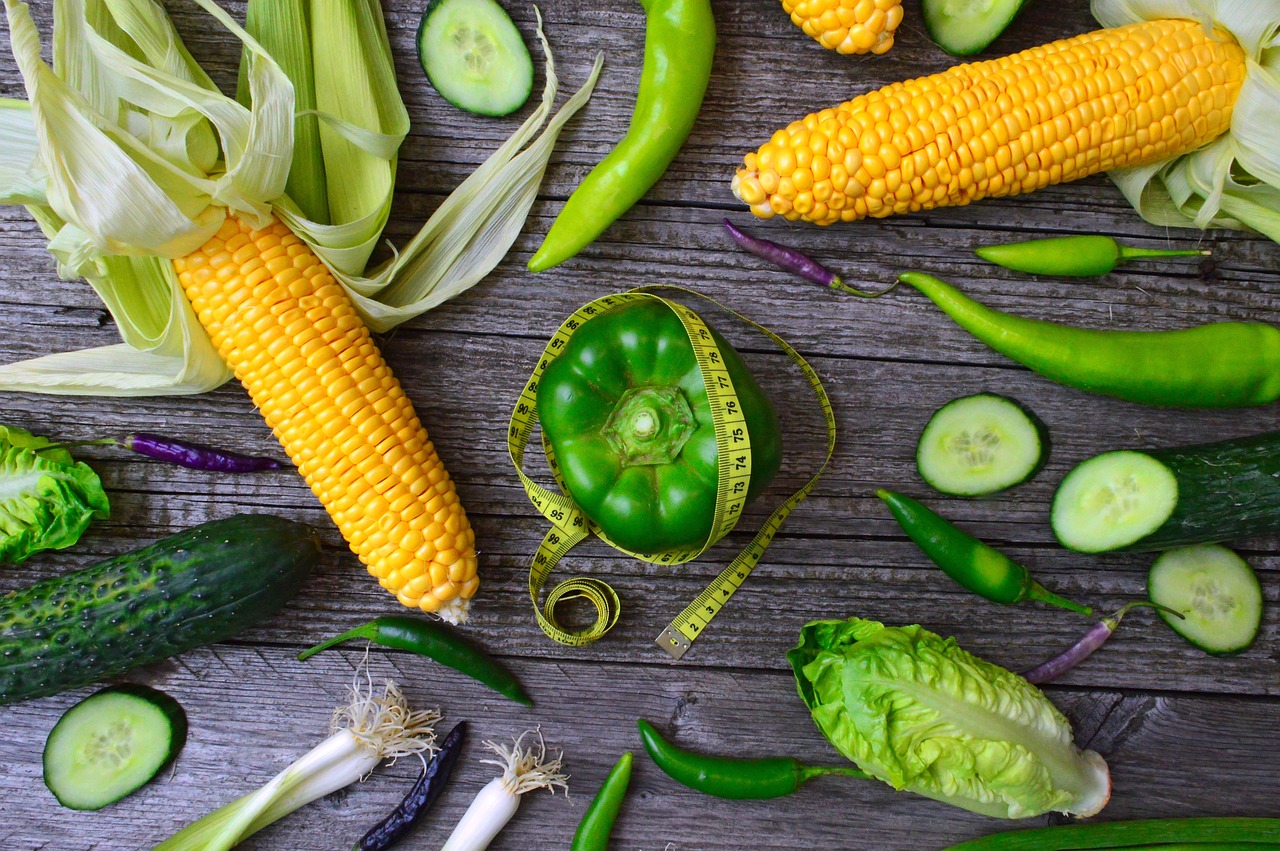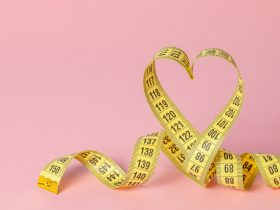Transitioning to a vegetarian diet can be a positive step towards weight loss, provided you approach it with a well-informed strategy. While eliminating meat, poultry, and fish, it’s important to focus on nutrient-dense alternatives to ensure your body gets all the essential vitamins and minerals it needs.
In recent years, vegetarian diets have risen in popularity. You may lose weight and reduce your risk of chronic diseases by following this diet. On the other hand, if you eat a lot of processed and refined meals as a vegetarian, weight loss may be tough.
The role of protein in vegetarian weight loss
Protein is essential for weight loss as it helps build and repair tissues while keeping you full. Incorporate plant-based protein sources like beans, lentils, tofu, tempeh, and quinoa into your meals.
Vegetarian diet
Vegetarians don’t eat any animal products.
Others are drawn to this diet because of the potential health benefits, while some people follow it for religious or ethical reasons.
Common vegetarian eating plans include:
- Lacto-ovo-vegetarian: accepts dairy products and eggs but not meat, fish, or poultry.
- Lacto-vegetarian: dairy products are permitted, but meat, eggs, fish, and poultry are not.
- Ovo vegetarian: allowed, but no other animal products
- Vegan: no honey, milk, or eggs are allowed; no animal products are allowed.
Challenges to vegetarian weight loss
Vegetarianism is often promoted as a healthy approach to losing weight; however, this may not always be the case.
Insisting on overly processed vegetarian options
Incorporating too many processed foods into your vegetarian diet can make weight loss difficult.
Despite their labeling as vegetarian, a shocking number of items nevertheless contain unhealthy levels of chemicals and other questionable components. Vegetable burgers, meat alternatives, freezer dinners, baked foods, packaged desserts, and vegan cheese are all examples.
Not only are these meals rich in sodium, processed chemicals, chemical preservatives, and coloring agents, but they also tend to be high in calories and added sugars.
Thus, they may lead to weight gain if consumed in large quantities.
Eating too many high-calorie foods
When making the switch to vegetarianism, you may find yourself eating a lot more high-fat plant foods than before.
Avocados, coconut, nuts, seeds, nut butter, and so on are common components of vegetarian dishes. These foods supply 9 calories per gram, which is higher than the 4 calories provided by proteins and carbohydrates.
A massive 191 calories, 148 of which are fat) can be found in just 2 tablespoons (32 grams) of peanut butter.
In a review, the use of ultra-processed meals has been associated with an increased risk of obesity, LDL (bad) cholesterol, and high blood pressure.
Overconsumption of processed foods
When following a vegetarian diet, it’s tempting to overdo it on foods heavy in refined carbohydrates.
You won’t have a hard time finding them, and they might even be the only vegetarian alternatives at some eateries and events.
Refined carb-rich foods lack fiber and are not as effective at satiating hunger as whole-grain, complex carb-rich foods. Therefore, they can cause you to consume an excessive amount of calories.
In fact, increased insulin levels following carbohydrate consumption were linked to a higher BMI in a study of nearly half a million adults.
Consuming excessive calories without sufficient protein
Excessive calorie intake can lead to weight gain. While a vegetarian diet might be a healthy option, it’s easy to overeat if you’re not careful.
This is especially common if your protein intake is low.
Consuming more protein may help with weight loss since it decreases ghrelin levels. Eating more food than necessary to feel full is counterproductive to weight loss if you aren’t getting enough protein.
While eliminating meat from your diet is ultimately simple, you may struggle to find adequate sources of protein.
Guidelines for vegetarian weight loss
In favor of complex carbohydrates. Whole grains, starchy vegetables, fruits, and legumes all fit the bill as foods that help you feel fuller for longer.
Limit your intake of fatty and sugary foods. Nuts, seeds, and healthy fats should be eaten alongside lower-calorie meals to prevent overeating.
Adopting a diet high in whole foods. Whole fruits and vegetables are examples of unprocessed foods that have not been altered in any way.
We should cut back on processed foods. Meat substitutes, ready-made frozen meals, and other highly processed foods should be avoided due to the high levels of salt, sugar, and other hazardous ingredients they likely contain.
Non-starchy vegetables should make up at least half of your plate. Selecting high-fiber vegetables like broccoli, cauliflower, zucchini, leafy greens, and mushrooms can aid with satiety and calorie restriction.
Using protein in all of one’s meals and snacks. Beans, nuts, seeds, lentils, eggs, dairy products, and soy foods are good protein sources for vegetarians.
Vegetarian options that promote weight loss
A vegetarian diet high in unprocessed, whole plant foods is beneficial for weight loss.
Pulses and other legumes: beans (lentils, black beans, pinto beans, and kidney beans)
Fatty seeds and nuts: Various nut and seed butter, as well as nuts and seeds such as almonds, walnuts, pistachios, cashews, sunflower seeds, and chia seeds
Lightweight meat: Included in this category are foods like beans, legumes, nuts, seeds, nut butter, eggs, Greek yogurt, milk, and soy products like tofu, tempeh, and edamame.
Good cholesterol: The avo-coconut-nut-seed-nut-butter-and-cheese triad
Hydrating drinks, such as water: Drinks flavored only by nature, such as fruit-infused waters, seltzers, and plain coffee and tea
Produce that contains no starch: Vegetables such as broccoli, bell peppers, cauliflower, zucchini, mushrooms, tomatoes, eggplant, carrots, celery, and cucumber
Vegetable starch: Vegetables like corn, potatoes, and winter squash
Fruits: citrus, kiwi, mango, kiwifruit, oranges, apples, bananas, grapes, and berries
Whole grains such as quinoa, brown rice, farro, millet, barley, and bulgur wheat.
Weight-loss foods that vegetarians should avoid
Dietary supplements for vegetarians: goods such as veggie burgers, meatless entrées, frozen desserts, and soy milk
Sugar and other refined carbohydrates: foods made entirely of white flour, such as
High-sugar foods and drinks: sugary foods and drinks (including sodas, fruit juices, energy drinks, and sweet tea), baked goods, and candy.
Embracing a vegetarian lifestyle can be a transformative journey for both your health and the environment. By following these tips for successful vegetarian weight loss, you can achieve your desired weight while nourishing your body with wholesome plant-based foods. Remember, consistency and balance are keys to achieving long-term success.
















Find Us on Socials